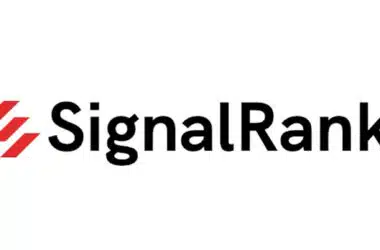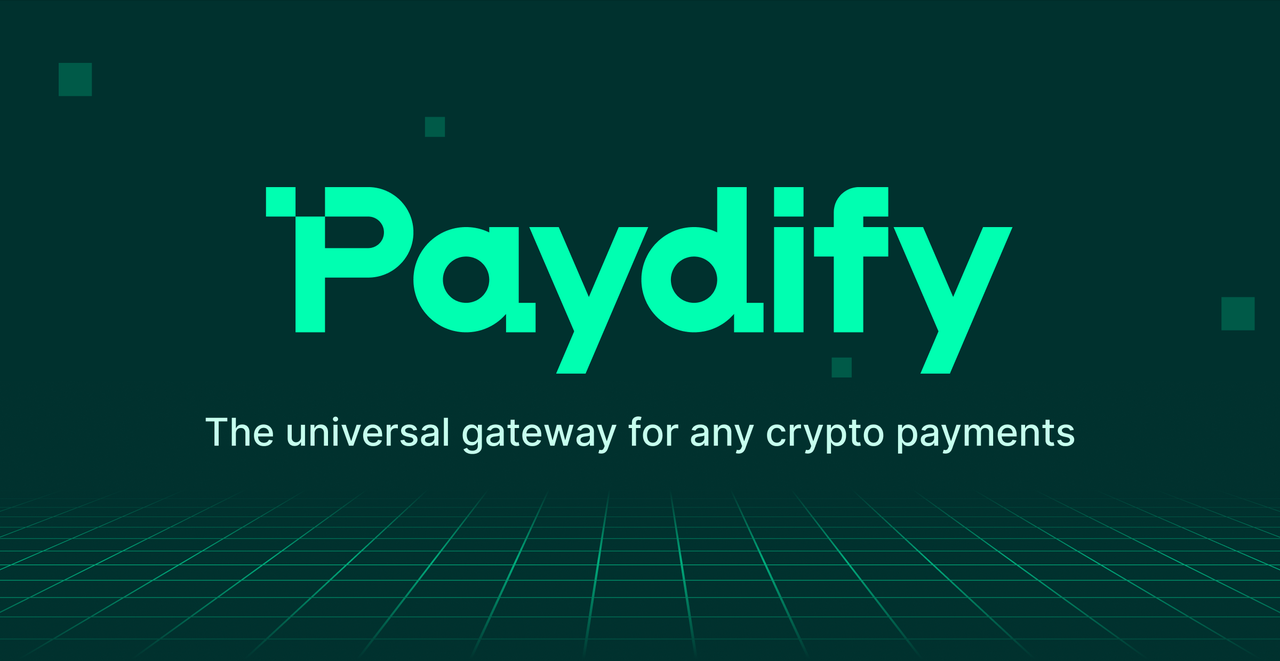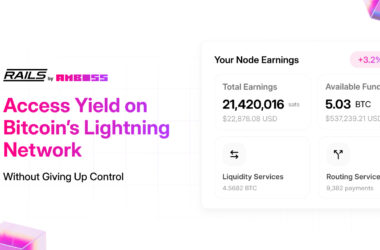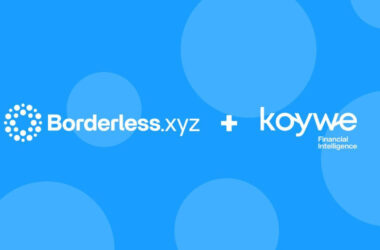The fusion of financial technology (fintech) and cryptocurrency is revolutionizing the global financial ecosystem. This convergence is not only simplifying the way individuals interact with digital assets but is also generating a wealth of fintech jobs. As fintech platforms enhance accessibility to cryptocurrencies, they are fostering mainstream acceptance and creating a surge in employment opportunities within the sector.
Table of Contents
Fintech Platforms Driving Cryptocurrency Accessibility
Fintech platforms like Coinbase, Binance, PayPal, and Robinhood have been instrumental in bringing cryptocurrencies to mainstream users. Their user-friendly interfaces and seamless integration of services have demystified digital assets for millions.
- Coinbase: As one of the largest cryptocurrency exchanges, Coinbase has over 68 million verified users and supports a wide range of cryptocurrencies. Its growth has led to a substantial increase in fintech jobs, particularly in areas like customer support, compliance, and engineering.
- Binance: Operating globally, Binance offers an extensive suite of crypto services, including trading, staking, and lending. The platform’s expansion has created numerous fintech jobs worldwide, especially in regions where crypto adoption is burgeoning.
- PayPal: The company has introduced digital assets to its vast user base. This move has opened up fintech jobs in areas such as blockchain integration and regulatory compliance.
The Surge in Fintech Jobs
The intersection of fintech and cryptocurrency has led to an exponential increase in fintech jobs. According to a report by LinkedIn, blockchain-related job postings increased by over 395% year-over-year in 2021. This surge is driven by:
- Market Expansion: As more users adopt cryptocurrencies, companies require a larger workforce to support growth.
- Technological Advancements: Innovations in blockchain technology necessitate skilled professionals to develop and maintain new systems.
- Regulatory Complexity: Navigating the evolving legal landscape around cryptocurrencies creates demand for legal and compliance experts.
In-Demand Fintech Job Roles
Blockchain Developers
Blockchain developers are at the heart of the fintech revolution. They are responsible for creating and optimizing blockchain protocols, designing the architecture of blockchain systems, and developing smart contracts and web applications.
- Skills Required: Proficiency in programming languages like Solidity, Java, and C++, understanding of cryptography, and experience with blockchain platforms like Ethereum and Hyperledger.
- Career Path: Entry-level developers can progress to senior positions or specialize in areas like decentralized finance (DeFi) or non-fungible tokens (NFTs).
Cryptocurrency Analysts
These professionals analyze market trends, monitor the performance of different cryptocurrencies, and provide investment advice.
- Skills Required: Strong analytical skills, knowledge of financial markets, proficiency in data analysis tools, and an understanding of blockchain technology.
- Career Path: Analysts can advance to roles such as portfolio managers or strategists within investment firms focusing on digital assets.
Compliance and Legal Experts
With the regulatory environment around cryptocurrencies constantly evolving, there is a high demand for compliance officers and legal experts.
- Skills Required: In-depth knowledge of financial regulations, experience with KYC/AML procedures, and the ability to interpret legal frameworks related to digital assets.
- Career Path: Professionals can move into senior compliance roles, policy advisory positions, or legal counsel for fintech companies.
Cybersecurity Professionals
As fintech platforms handle sensitive financial data and assets, cybersecurity is paramount.
- Skills Required: Expertise in network security, understanding of blockchain vulnerabilities, experience with security protocols, and incident response strategies.
- Career Path: Cybersecurity analysts can progress to roles like security architects or chief information security officers (CISOs).
UX/UI Designers
To make cryptocurrency platforms accessible to all users, fintech companies need skilled UX/UI designers.
- Skills Required: Proficiency in design tools, understanding of user behavior, and the ability to create intuitive interfaces that simplify complex processes.
- Career Path: Designers can advance to lead design teams or specialize in user experience research.
Impact on Traditional Financial Careers
The rise of fintech and cryptocurrencies is influencing traditional financial careers, leading to a crossover of skills and roles.
- Financial Advisors: Need to incorporate digital assets into their portfolios and advise clients on cryptocurrency investments.
- Accountants: Must understand crypto transactions for accurate financial reporting and tax compliance.
- Investment Bankers: Are exploring opportunities in crypto-related fundraising and mergers and acquisitions.
This shift is prompting professionals in traditional finance to acquire new skills related to fintech and cryptocurrencies, thereby creating more fintech jobs within established financial institutions.
Educational Pathways and Skill Development
To meet the growing demand for talent in fintech jobs, educational institutions and online platforms are expanding their offerings.
- Universities: Institutions like MIT and Stanford offer courses in blockchain technology and cryptocurrency economics.
- Online Platforms: Websites like Coursera, Udemy, and edX provide accessible courses on fintech topics.
- Professional Certifications: Organizations like the Blockchain Council offer certifications that validate expertise in specific areas.
Investing in education and skill development is crucial for professionals seeking to enter or advance in the fintech job market.
Global Expansion of Fintech Jobs
The global nature of cryptocurrencies and fintech platforms has led to the worldwide expansion of fintech jobs.
- Asia-Pacific Region: Countries like Singapore, Japan, and South Korea are fintech hubs, offering numerous job opportunities.
- Europe: Cities like London, Berlin, and Zurich have vibrant fintech ecosystems.
- Remote Work: The digital nature of fintech allows companies to hire talent globally, increasing diversity and inclusion in the workforce.
This global expansion provides professionals with the flexibility to work in different markets and cultures, enriching their career experiences.
Challenges in the Fintech Job Market
Despite the opportunities, there are challenges in the fintech job market:
- Skill Shortage: The rapid growth of the industry has led to a shortage of qualified professionals, making competition for talent fierce.
- Regulatory Uncertainty: Changes in regulations can impact job security and require professionals to stay updated constantly.
- Technological Rapidness: Keeping pace with fast-evolving technologies demands continuous learning and adaptability.
Companies and professionals must navigate these challenges proactively to sustain growth and career advancement in fintech jobs.
Future Outlook for Fintech Jobs
The future of fintech jobs appears promising due to several factors:
- Technological Innovations: Advancements in artificial intelligence, machine learning, and quantum computing will create new roles.
- Mainstream Adoption: As cryptocurrencies become more accepted, demand for fintech services and related jobs will increase.
- Regulatory Clarity: As governments establish clearer regulations, companies can expand services confidently, leading to job growth.
Professionals who stay ahead of industry trends and continuously upgrade their skills will find abundant opportunities in the evolving fintech landscape.
Conclusion
The integration of cryptocurrencies into fintech platforms is not only transforming the financial industry but also significantly impacting the job market. The rise in fintech jobs offers exciting and diverse opportunities for professionals across various disciplines. By embracing continuous learning and adapting to industry changes, individuals can build rewarding careers that contribute to the future of finance.



















Recent Comments